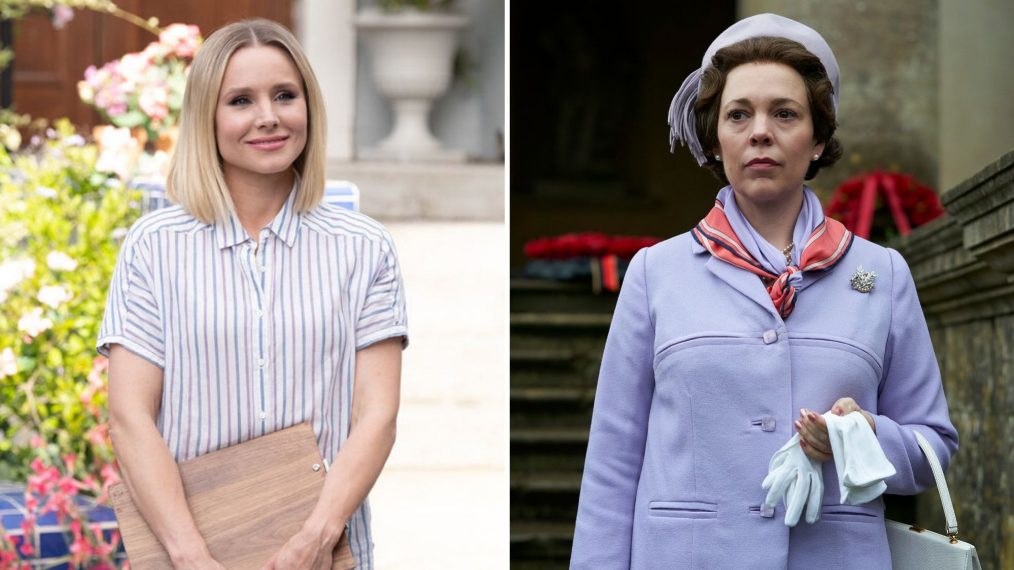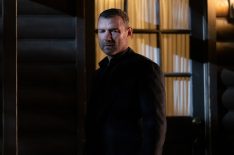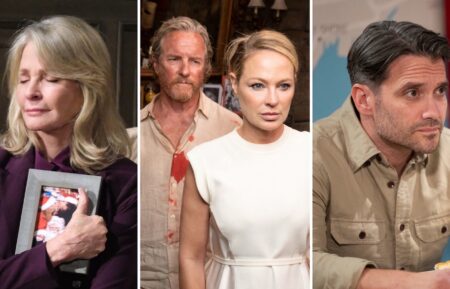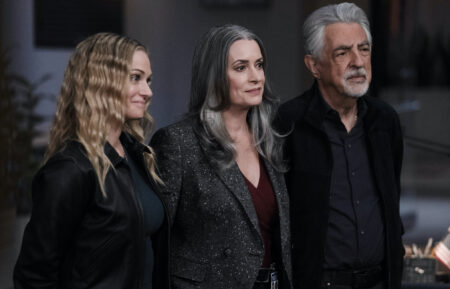Why It’s Sometimes Better to End a Series Early

Opinion
It’s clear that popular television shows, such as Game of Thrones or Friends, tend to have longer runs because of audience popularity and critical acclaim. However, when we look back at the entire runs of those shows, we’re reminded of plot lines and characters that added little to nothing to the stories.
While nobody wants their favorite shows to end, is it better for them to continue past the point they need to? Ending a show earlier than expected is sometimes for the best.
It’s smarter for the story
You would think that a show like The Crown, which follows the life of Queen Elizabeth II from her early days as queen, would take several years to portray the dramatic lives of the British Royal Family. While the door was certainly open for it to do so, Netflix recently announced the show will end with its upcoming fifth season. According to the statement from creator Peter Morgan, the series was originally going to run six seasons but he realized Season 5 was “the perfect time and place to stop.”
That is the right decision. The show’s focus is Queen Elizabeth, and by continuing on, it runs the risk of becoming less about her. While the timeline won’t be covering events as recent as Prince William and Kate’s lives, the addition of Princess Diana in the upcoming fourth season is sure to take attention away from the Queen directly. The show might become the Queen reacting to the lives of her family, rather than experiencing her own struggles and dilemmas. The showrunners know just how far they can push the story until the Queen becomes less interesting.
#TheCrown will return for a fifth and final season with Imelda Staunton playing The Queen.
Creator Peter Morgan originally planned six seasons but says: “Now that we have begun work on the stories for S5 it has become clear to me that this is the perfect time and place to stop.” pic.twitter.com/2RE6wHsMFB
— See What’s Next (@seewhatsnext) January 31, 2020
Another historical drama, Reign, which lasted for four seasons on The CW, is a perfect example of what The Crown is trying to avoid. While Mary, Queen of Scots, had just as long and interesting of a life as Queen Elizabeth II, the show took plenty of creative liberties throughout its run. Reign became less of a biographical series and more of a loosely based, fictitious depiction of Mary’s life. While the historical inaccuracies didn’t completely drive away viewers, added drama, storylines and characters changed Mary’s story until it was unnecessarily dragging along.
It’s better creatively
The Good Place recently aired its series finale on NBC. This past summer, creator Michael Schur released a statement about the decision to end the show after four seasons. He explained that just because they could go on didn’t mean they should. The writers knew where they wanted the show to go, making it foolish to extend it for the sake of a longer lifespan. As much as viewers would love to see the characters live out their afterlives in the actual Good Place, the series finale perfectly showcased why it was time for it to end.
Dear Residents of #TheGoodPlace Neighborhood 12358W… pic.twitter.com/UVsm5x704p
— The Good Place is taking it sleazy (@nbcthegoodplace) June 8, 2019
One show that carried on far longer than it needed to for the sake of drama was Pretty Little Liars. The show’s ever-changing antagonist, the mysterious A (A.D. in later seasons), was revealed to be several different people over the seven-season run. What accounted for much of the show’s criticism was the finale’s revelation that Spencer’s evil twin, Alex, became A.D. to steal Spencer’s life for herself.
“If we make a twin of one of the Pretty Little Liars, that’s sort of like making it a PLL, but ultimately, it makes more sense,” creator I. Marlene King told Entertainment Weekly in 2017 to justify the reveal, which outraged fans. They criticized the show’s entire plot development. Spending several seasons constantly changing your main antagonist in order to give characters more to do, only to undermine the entire show with the reveal of a secret evil twin who was pulling the strings all along, is completely unnecessary. Creating underdeveloped plot lines and gratuitous character drama outside of the story’s main arc is sloppy.
It opens up new opportunities
There’s no way of avoiding the displeasure of a beloved show saying goodbye, but with every end comes a new beginning. The end of a series’ run opens up the door for creators and actors to pursue new projects, as well as for audiences to discover a new favorite show. After shows have been on for multiple seasons, it’s easy for audiences to grow bored of the story. Those with shorter lifespans tend to hold on to viewers. When a show reaches a natural endpoint, audiences are left feeling fulfilled and ready to move on to their next obsession.












